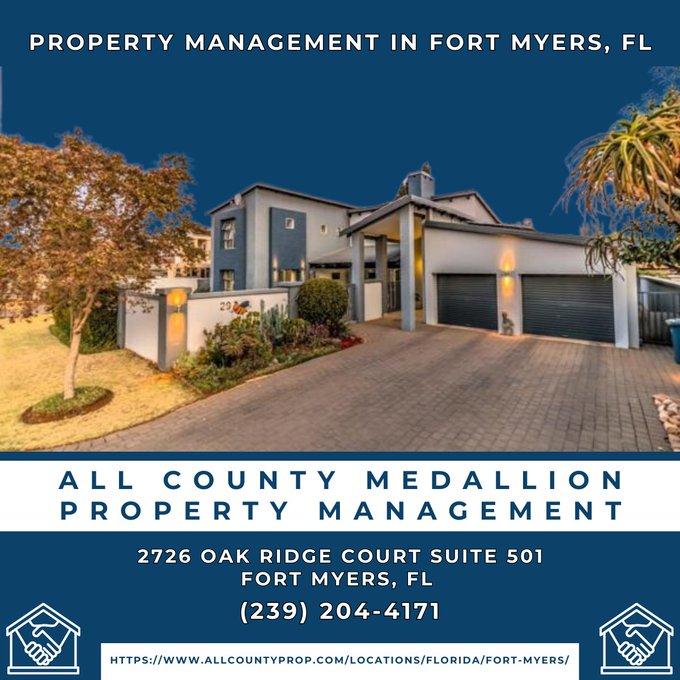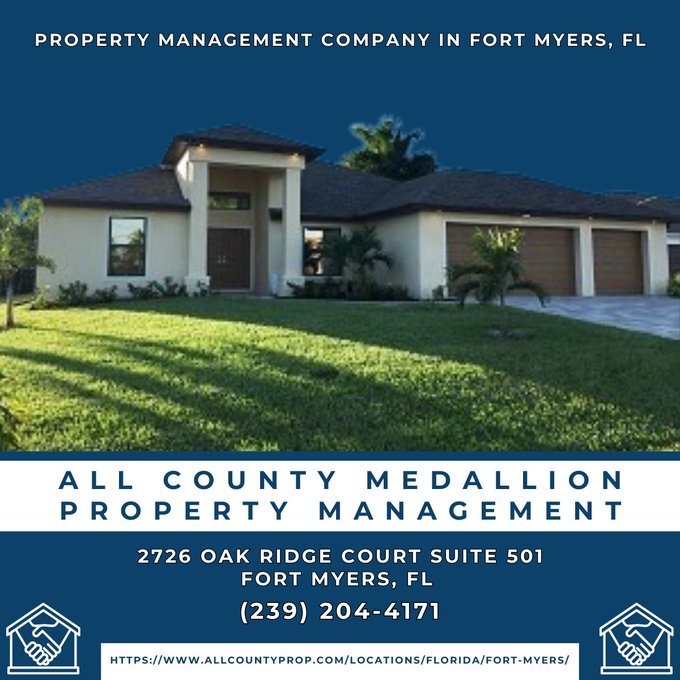Introduction
Navigating the world of property management can be a complex task, especially in a state like Florida where the real estate market is thriving. With a surge in rental properties and a growing demand for property management services, many people wonder about the legal limitations surrounding unlicensed property managers. This article will explore What Can an Unlicensed Property Manager Legally Do in Florida?, shedding light on their roles, responsibilities, and the legal implications associated with their work.
Florida's real estate landscape is unique, characterized by a high demand for property managers due to its booming rental market and tourism industry. Understanding what unlicensed property managers can legally do is crucial for both owners and renters alike. This article will delve into various aspects of property management, including fees, responsibilities, and common practices within the industry.
What Can an Unlicensed Property Manager Legally Do in Florida?
In Florida, the law distinguishes between licensed and unlicensed individuals in property management. An unlicensed property manager can handle certain tasks but must operate within specific legal boundaries. These tasks often include:
- Marketing Properties: Unlicensed property managers can advertise rental properties through various channels such as online listings or local advertisements. Showing Properties: They are allowed to show properties to prospective tenants. However, they must not negotiate lease terms or collect deposits without proper licensing. Collecting Rent: While they can collect rent payments from tenants, they cannot manage escrow accounts or hold security deposits unless licensed. Maintenance Coordination: An unlicensed manager can coordinate maintenance requests and repairs but must ensure that contractual agreements are honored by licensed contractors.
Understanding these limitations is essential for both landlords who may consider hiring an unlicensed property manager and tenants looking for clarity on their rights.
Can I Manage My Own Property in Florida?
Absolutely! In Florida, you do not need a license to manage your own residential property. Many homeowners choose to self-manage their rentals as it allows them greater control over their investment. However, if you decide to hire someone else to help manage your rental properties, it's important to ensure they are licensed if they intend to perform specific tasks outlined by state law.
Do Property Managers in Florida Need a License?
Yes, under Florida law, anyone who manages rental properties for others must have a real estate broker's license or work under a licensed broker if they are involved in activities such as negotiating leases or collecting rents on behalf of landlords.
Why Is There High Demand for Property Managers in Florida?
The demand for property managers is soaring due to several factors:
Rapid Population Growth: As more people move to Florida for its climate and job opportunities, the housing market continues to expand.
Vacation Rentals: The boom in short-term vacation rentals necessitates professional management services that understand local regulations.
Investment Opportunities: Many investors are seeking properties in Florida’s lucrative markets but prefer hiring professionals to manage them efficiently.
Complex Regulations: Navigating local laws regarding rentals requires expertise that many homeowners lack.
What Is the Average Property Management Fee in Florida?
When it comes to hiring a property manager, understanding costs is vital. The average property management fee in Florida typically ranges from 8% to 12% of the monthly rent collected. This fee structure usually includes:
- Monthly Management Fee: A percentage of the monthly rent. Leasing Fees: Charged when securing new tenants—often equivalent to one month's rent or more. Maintenance Fees: Costs incurred for repairs or maintenance services provided by contracted vendors.
What Is a Good Management Fee?
A good management fee strikes a balance between affordability and quality service. It’s essential not only to consider the percentage charged but also what services are included within that fee structure. A comprehensive package may justify a higher rate compared to basic services offered at lower fees.
What Is the Most Common Payment for a Property Manager?
Commonly, property managers receive payment through a combination of monthly fees based on collected rents and additional charges associated with leasing new tenants or providing maintenance services.
How Much Does Property Management Charge in the US?
Across the United States, property management fees tend to vary widely based on location and service level:
http://judahxvdk756.cavandoragh.org/how-to-choose-between-big-and-small-property-management-firms| Region | Average Fee (%) | |----------------|------------------| | Northeast | 10% - 12% | | Midwest | 8% - 10% | | South | 9% - 11% | | West | 10% - 12% |
Florida fits into this pattern with competitive rates aligning closely with national averages while reflecting local market dynamics.
What Is the Hourly Rate for a Property Manager in Florida?
In addition to percentage-based fees, some property managers might charge an hourly rate for specific tasks or consulting services—ranging generally from $25 up to $75 per hour depending on experience and scope of work involved.
How Much Does a Certified Property Manager Make in Florida?
A certified property manager's salary can vary widely based on factors like experience level and geographical location within Florida; however, averages hover around $50,000 annually—with seasoned professionals earning significantly more depending on their portfolio size and clientele satisfaction ratings.
Who Are The Top 10 Property Management Companies?
Identifying reputable companies can be beneficial when searching for reliable management services:
Greystar Lincoln Property Company CBRE Cushman & Wakefield Jones Lang LaSalle (JLL) Pinnacle Property Management Services Colliers International Alliance Residential Related Companies BH Management ServicesThese companies have established themselves across various states including Florida due largely because of their extensive networks and resources available at hand—making them top choices among landlords seeking professional assistance!
What Is The Biggest Responsibility For Property Management?
The primary responsibility of any effective property management service involves maximizing performance while minimizing risks associated with tenant relations alongside maintaining overall asset value through proactive upkeep strategies—including regular inspections as well as timely addressing maintenance requests submitted by tenants!
What Percent Do Most Property Management Companies Take?
While there isn't one-size-fits-all answer here since regions differ greatly; most companies typically retain between 8-12% monthly based off total rents collected—which remains consistent across diverse markets nationwide!
Conclusion
In conclusion, understanding What Can an Unlicensed Property Manager Legally Do in Florida? can significantly impact both landlords’ investment strategies as well as tenants' experiences during their tenancy period—allowing everyone involved better insights into expectations throughout this process!
If you’re considering hiring someone—or even managing your own rentals—be sure you know your rights while also ensuring compliance with state regulations surrounding these roles! Keeping abreast of any changes within legislation governing this industry ensures smoother operations moving forward—allowing all parties involved peace-of-mind knowing they've taken necessary precautions along each step taken during this journey together!
Frequently Asked Questions (FAQs)
Do I need a license to be a property manager in Florida? Yes! Anyone managing rental properties on behalf of others needs either an active broker's license or must operate under someone who holds one.
How much does it cost to hire a certified property manager? Typically ranges from 8%-12% of monthly rent collected—a figure subject based upon complexity involved with each unique situation presented before them!
***Can I manage my own rental properties without licensure requirements applying toward me personally? Certainly! Homeowners may self-manage without needing any formality concerning licensing necessary—but should consult legal advice when unsure about specifics pertaining however!
4 .***Why do so many people pursue careers within this sector today? Factors include rapid population growth resulting from migration alongside increasing demand stemming from tourist attractions flourishing near coastal regions like those found throughout sunny FL!
5 .***Is it common practice among landlords utilizing third-party services? Absolutely; many prefer delegating responsibilities towards experienced professionals familiarized already with existing regulations governing local environments benefiting everyone involved greatly!
6 .***How long does it take typically until one becomes fully qualified working professionally within field itself? Generally speaking; acquiring requisite education plus practical experience could take anywhere between *six months up unto three years* depending upon chosen path taken towards achieving desired credentials needed reach full potential achievable therein!
By understanding these nuances surrounding both licensed/unlicensed practices related directly involving real estate/property-management field altogether—one becomes equipped navigate complexities inherent therein effectively ensuring positive outcomes achieved successfully over time spent engaging directly amongst varying stakeholders operating throughout sector overall!


